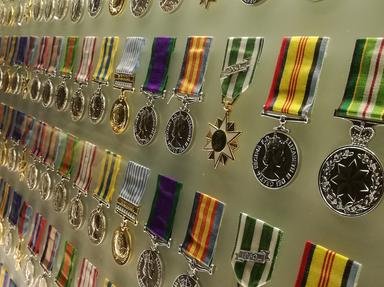
Brilliant Military Leaders/Strategists - Part II Quiz
This is Part II of my quiz about military leaders. Not all these men were nice guys, but they used their abilities of leadership and as strategists to influence the course of history.
A matching quiz
by ncterp.
Estimated time: 3 mins.